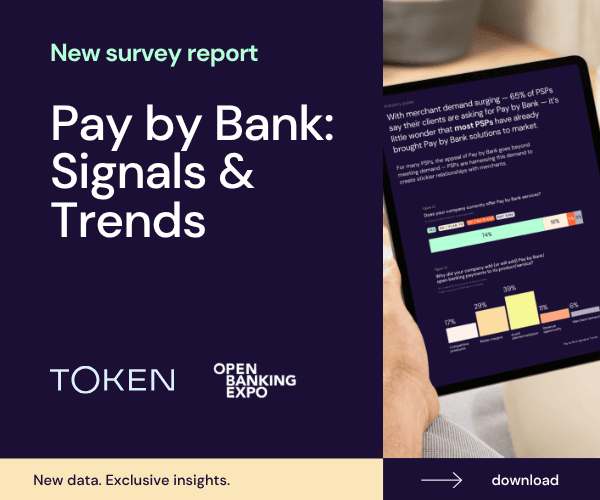
APP scams increasingly starting online
Ellie Duncan | News
14 May 2021
New analysis has found that 70% of authorised push payment (APP) scams originated on an online platform, with money lost to APP scams totalling £479 million last year.
According to a dip sample of nearly 7,000 APP scam cases analysed by UK Finance, in 2020 there was a jump in online-enabled push payment or bank transfer fraud as the Covid-19 pandemic accelerated the shift to digital.
There were increases in investment scams, up 32%, romance scams, which rose 38%, and purchase scams, up 7% last year, data from UK Finance showed.
Further analysis of the sample revealed that 96% of investment, 96% of romance and 98% of purchase scams, where criminals ask victims to pay in advance for goods or services that are never received, originated online.
David Postings, chief executive of UK Finance, said: “As more of us have shifted online because of the pandemic, we’ve seen a spike in money mule activity and investment and purchase scams because criminals can target people directly in their homes across online platforms.
“The banking and finance industry is continuing to tackle fraud on all fronts, but there is a limit to what we can do alone.”
Postings has urged the government, which this week published the Online Safety Bill, to include all economic crime in the bill.
“We were pleased to hear that the upcoming Online Safety Bill will tackle some aspects of fraud, but it won’t protect people from fraudsters’ online adverts and cloned websites,” he said.
“We encourage government to include all economic crime within the Bill when it is formally introduced. Not doing so leaves a large proportion of the public at high risk of being scammed online, because criminals are experts in adapting their tactics to exploit any loopholes.”
UK Finance said that the only type of scams solely initiated via telephone calls and text messaging were impersonation scams, where criminals purport to be from a trusted organisation to convince the victim to make a payment to an account they control.



